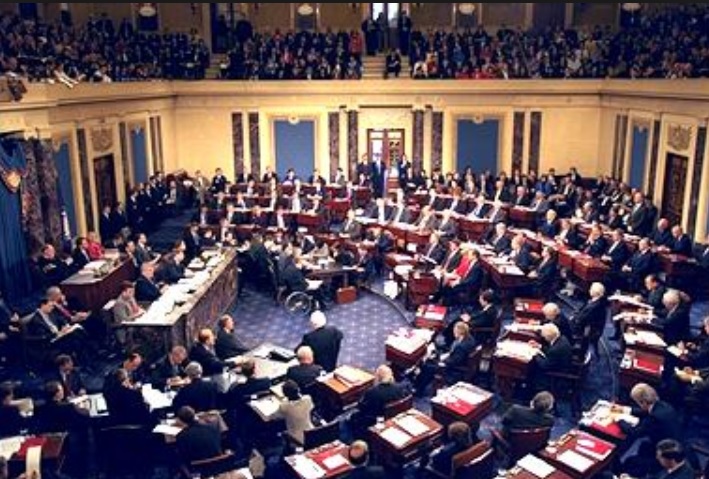
By National Cattlemen Beef Association,
The Senate Committee on Agriculture, Nutrition, and Forestry held a hearing to discuss transparency and oversight within cattle marketing, specifically the Cattle Price Discovery and Transparency Act (S.4030) and additional oversight through the Office of the Special Investigator (S.3870). The hearing has been proceeded by months of debate over the need for increased transparency in cattle marketing, and today’s conversation highlighted the vehement opposition to government mandates by a majority of U.S. cattle producers.
“The majority of cattle producers have made it clear that one-size-fits-all solutions, such as the government mandate on cattle sales included in the Cattle Price Discovery and Transparency Act, is not the solution the industry is looking for,” said NCBA Vice President of Government Affairs Ethan Lane. “What is being proposed right now concentrates on what works for one region, it simply doesn’t work for the rest of the country.”
Kansas Livestock Association and NCBA member Shawn Tiffany testified in opposition to a government mandate as it could potentially result in fewer marketing opportunities and less incentive for producers to invest in genetics and innovative production techniques that lead to higher-quality beef.
“Every producer wants fair market value for the animals we raise and produce and many of us achieve that true value through value-based alternative marketing arrangements. Accordingly, I do not support a government mandate, of any kind,” said Tiffany. “Regardless of how well intentioned the concept of helping producers obtain fair market value for their animals, the end result will be fewer marketing options for U.S. producers.”
As the trusted leaders and definitive voice of the U.S. cattle and beef industry, NCBA stands committed to turning the focus to solutions with broad industry support, such as a cattle contract library, 14-day delivery, expedited carcass weight reporting, daily formula base price reporting, and incentives for expansion of regional processing capacity.
Disclaimer: Articles featured on Oregon Report are the creation, responsibility and opinion of the authoring individual or organization which is featured at the top of every article.

